Dealing with a clogged kitchen sink can be a major inconvenience. Not only does it prevent you from using your sink, but it can also cause unpleasant odors and potential water damage. However, with the right techniques and tools, you can easily unclog your kitchen sink and get it back to working like new.Unclog a Kitchen Sink
Before reaching for a chemical drain cleaner, try these DIY methods to unclog your kitchen sink. First, remove any standing water from the sink using a cup or bowl. Then, use a plunger to create suction and dislodge the clog. If that doesn't work, try using a mixture of baking soda and vinegar. Pour half a cup of baking soda down the drain, followed by half a cup of vinegar. Let it sit for a few minutes before pouring hot water down the drain to flush out the clog.How to Fix a Clogged Kitchen Sink
If the plunger and baking soda and vinegar method don't work, there are a few other DIY solutions you can try. For a grease clog, pour a pot of boiling water down the drain followed by a mixture of dish soap and hot water. This will help break down and dissolve the grease. For a hair clog, use a bent wire hanger to pull out any hair caught in the drain. You can also try using a plumbing snake to dislodge the clog.DIY Kitchen Sink Clog Solutions
If you have a double kitchen sink, it's possible that both sides are clogged. This can make it more difficult to clear the clog, but it's not impossible. Start by using a plunger on one side of the sink while blocking the other side with a wet cloth. If that doesn't work, try using a plumbing snake on one side while running hot water on the other. If all else fails, you may need to call a professional plumber.Clearing a Double Kitchen Sink Clog
There are a few things you can do to prevent kitchen sink clogs in the first place. Avoid pouring grease or oil down the drain, as it can solidify and cause clogs. Use a sink strainer to catch food particles and hair, and regularly clean the strainer to prevent buildup. You can also periodically pour boiling water down the drain to help melt away any potential clogs.Plumbing Tips for Clogged Kitchen Sinks
Understanding what causes kitchen sink clogs can help you prevent them in the future. The most common culprits are food particles, grease, and soap scum. Over time, these can build up in your pipes and cause clogs. Hair can also be a major cause of clogs, especially in bathroom sinks. By being mindful of what you put down your sink, you can prevent clogs from happening.Common Causes of Kitchen Sink Clogs
A plunger is a great tool for clearing kitchen sink clogs. Make sure to use a plunger specifically designed for sinks, as it will have a flat bottom that creates a better seal. Place the plunger over the drain and create suction by pressing down and pulling up in a pumping motion. This can help dislodge the clog and allow water to flow freely down the drain.Using a Plunger to Unclog a Kitchen Sink
If DIY methods are not successful in unclogging your kitchen sink, you may consider using a chemical drain cleaner. These products can be effective in breaking down clogs, but they can also be harsh and potentially damage your pipes. It's important to follow the instructions carefully and use caution when handling these chemicals.Chemical Drain Cleaners for Kitchen Sink Clogs
The best way to deal with a clogged kitchen sink is to prevent it from happening in the first place. Be mindful of what you put down your sink, and regularly clean and maintain your pipes. If you notice your sink draining slowly, take action immediately to prevent a full-blown clog. By following these preventative measures, you can avoid the inconvenience and expense of dealing with a clogged kitchen sink.Preventing Kitchen Sink Clogs
If you've tried all the DIY methods and your kitchen sink is still clogged, it may be time to call in the professionals. A licensed plumber has the knowledge and tools to effectively and safely unclog your sink. They can also inspect your pipes for any potential issues and offer advice on how to prevent clogs in the future. Dealing with a clogged kitchen sink is never fun, but with these tips and techniques, you can quickly and easily unclog your sink and get back to your daily routine. Remember to be proactive in preventing clogs, and don't hesitate to call a professional if DIY methods are not successful. A clean and functioning kitchen sink is essential for a functional and hygienic kitchen, so don't let a clog get in the way!Professional Plumbing Services for Clogged Kitchen Sinks
Why a Clogged Kitchen Sink Can Be a Design Disaster

The Importance of a Functional Kitchen Sink
 When it comes to designing a house, the kitchen is often considered the heart of the home. It's where we gather to cook, eat, and spend time with loved ones. And at the center of any kitchen is the sink. A functional kitchen sink is essential for everyday tasks such as washing dishes, preparing food, and even cleaning up after a party. That's why having a clogged kitchen sink can be a major design disaster.
When it comes to designing a house, the kitchen is often considered the heart of the home. It's where we gather to cook, eat, and spend time with loved ones. And at the center of any kitchen is the sink. A functional kitchen sink is essential for everyday tasks such as washing dishes, preparing food, and even cleaning up after a party. That's why having a clogged kitchen sink can be a major design disaster.
The Inconvenience of a Clogged Kitchen Sink
 A clogged kitchen sink can cause a lot of inconvenience in our daily lives. It can disrupt our daily routine and make simple tasks like washing hands or filling up a glass of water a challenging task. It can also lead to unpleasant odors and even potential health hazards if left untreated. Not to mention, a clogged sink can also affect the overall aesthetic of the kitchen. No one wants to have a sink full of dirty dishes or standing water in the sink.
A clogged kitchen sink can cause a lot of inconvenience in our daily lives. It can disrupt our daily routine and make simple tasks like washing hands or filling up a glass of water a challenging task. It can also lead to unpleasant odors and even potential health hazards if left untreated. Not to mention, a clogged sink can also affect the overall aesthetic of the kitchen. No one wants to have a sink full of dirty dishes or standing water in the sink.
The Impact on Kitchen Design
 A clogged sink not only affects the functionality of the kitchen but also its design. In a well-designed kitchen, the sink is often placed strategically to optimize space and flow. A clogged sink can disrupt this flow and make the kitchen feel cluttered and disorganized. It can also be a major eyesore, especially if the sink is visible from other areas of the house. Additionally, a clogged sink can also lead to water damage, which can be costly to repair and can also affect the overall design of the kitchen.
A clogged sink not only affects the functionality of the kitchen but also its design. In a well-designed kitchen, the sink is often placed strategically to optimize space and flow. A clogged sink can disrupt this flow and make the kitchen feel cluttered and disorganized. It can also be a major eyesore, especially if the sink is visible from other areas of the house. Additionally, a clogged sink can also lead to water damage, which can be costly to repair and can also affect the overall design of the kitchen.
Preventing Clogged Kitchen Sinks
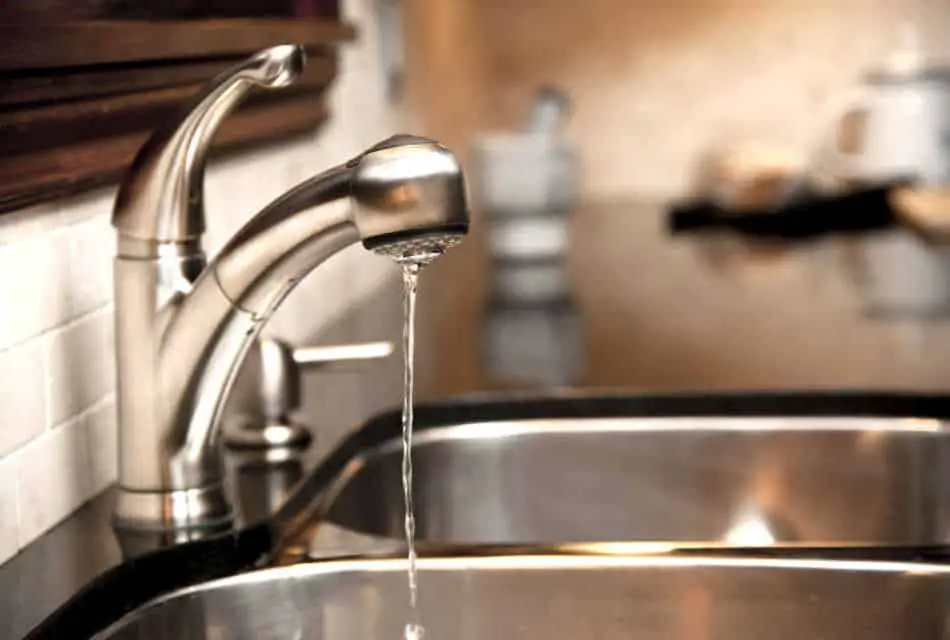 The best way to avoid a clogged kitchen sink is to prevent it from happening in the first place. Regular maintenance and proper use of the sink can go a long way in preventing clogs. Avoid pouring grease, oil, and food scraps down the drain, and use a drain cover to catch any debris. It's also essential to regularly clean the sink and its pipes to prevent any buildup. Additionally, investing in a high-quality garbage disposal can also help prevent clogs.
The best way to avoid a clogged kitchen sink is to prevent it from happening in the first place. Regular maintenance and proper use of the sink can go a long way in preventing clogs. Avoid pouring grease, oil, and food scraps down the drain, and use a drain cover to catch any debris. It's also essential to regularly clean the sink and its pipes to prevent any buildup. Additionally, investing in a high-quality garbage disposal can also help prevent clogs.
In Conclusion
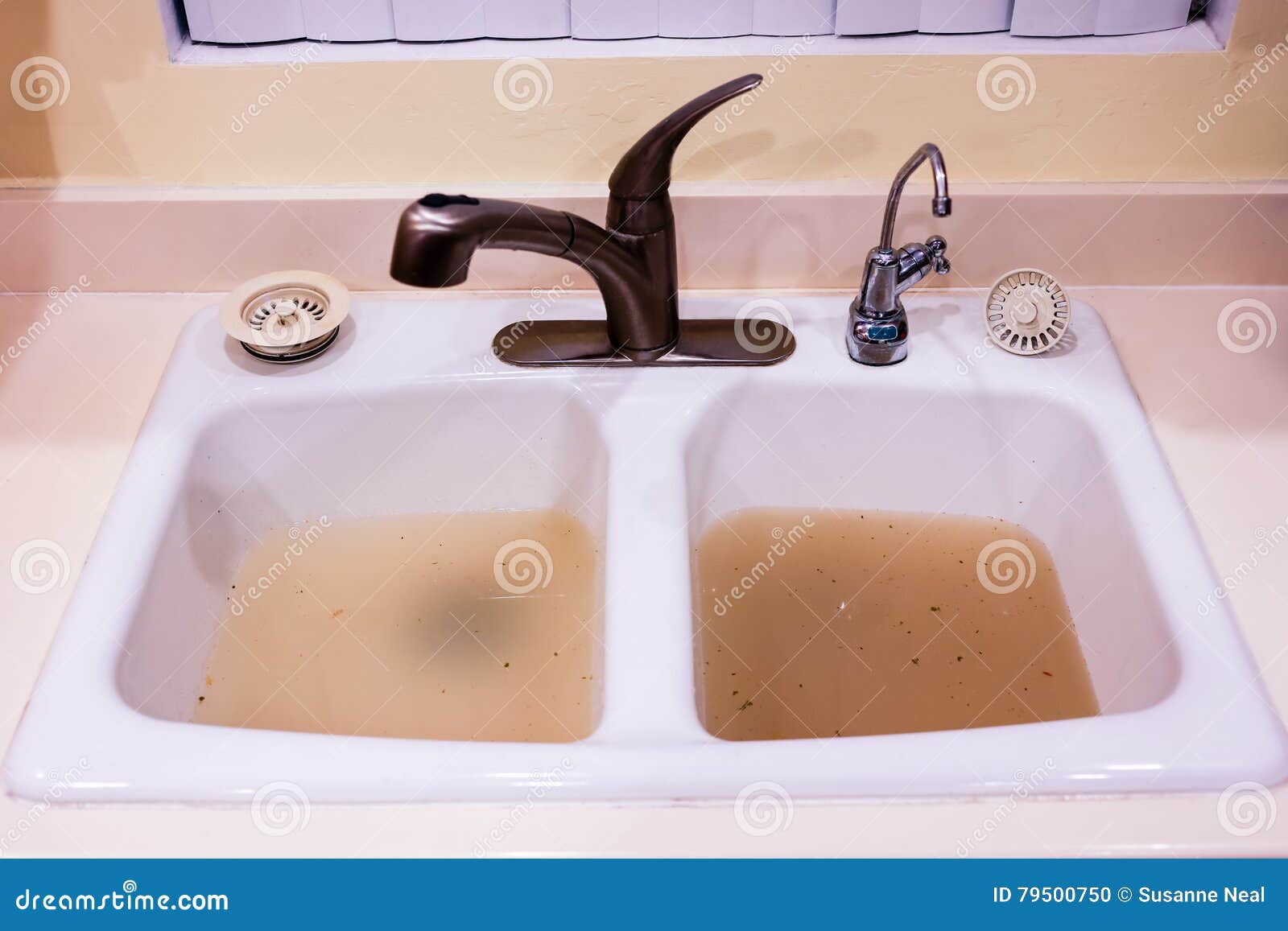 A clogged kitchen sink may not seem like a significant design concern, but it can have a significant impact on the functionality and aesthetic of the kitchen. By taking preventative measures and promptly addressing any clogs, we can ensure that our kitchen sinks remain functional and maintain their design appeal. Remember, a clogged sink is not just a plumbing issue; it's a design disaster waiting to happen.
A clogged kitchen sink may not seem like a significant design concern, but it can have a significant impact on the functionality and aesthetic of the kitchen. By taking preventative measures and promptly addressing any clogs, we can ensure that our kitchen sinks remain functional and maintain their design appeal. Remember, a clogged sink is not just a plumbing issue; it's a design disaster waiting to happen.
/plumber-unclogging-kitchen-sink-169270382-5797a9355f9b58461f27f024.jpg)

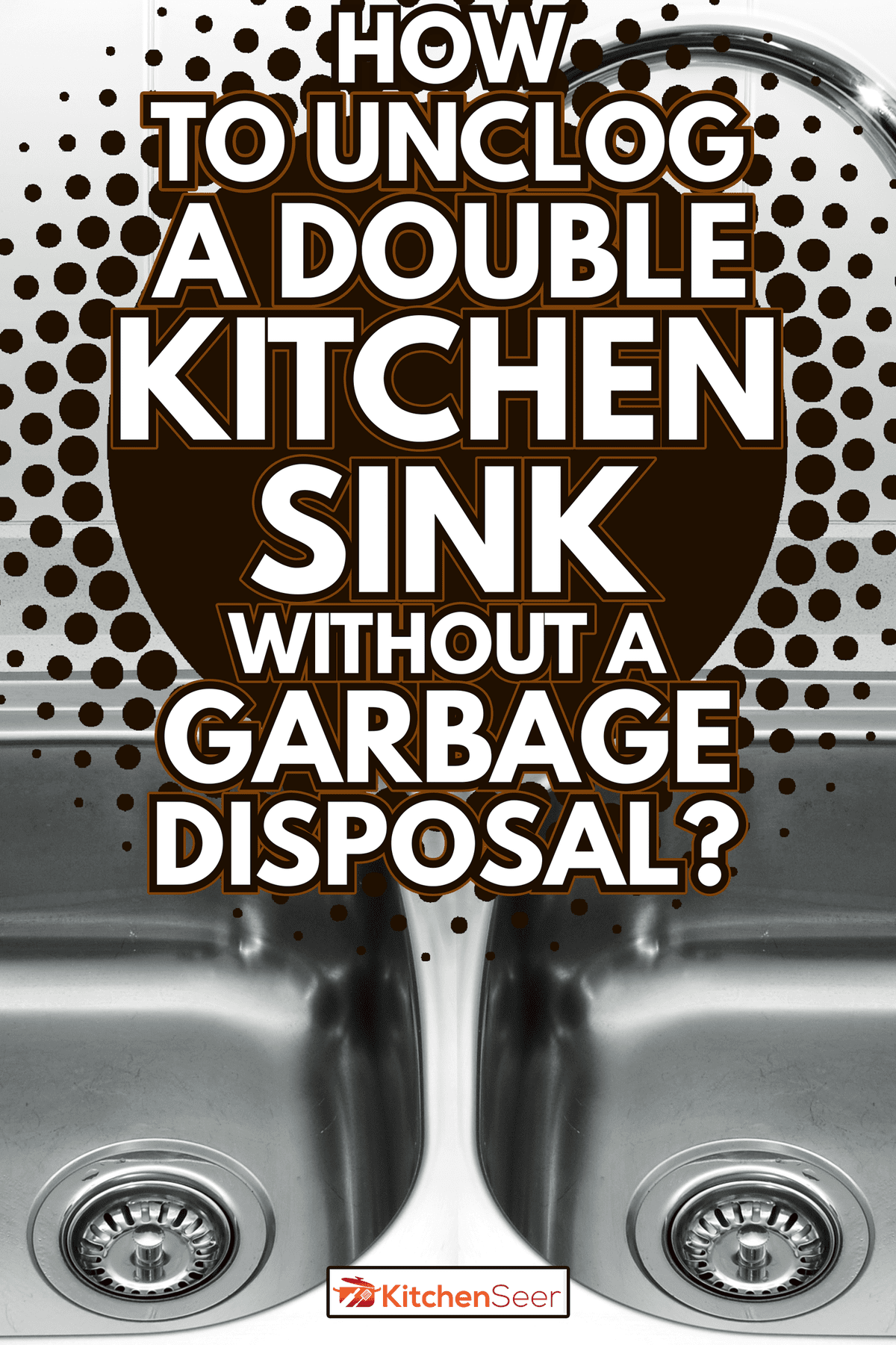



:max_bytes(150000):strip_icc()/how-to-unclog-a-kitchen-sink-2718799_sketch_FINAL-8c5caa805a69493ab22dfb537c72a1b7.png)





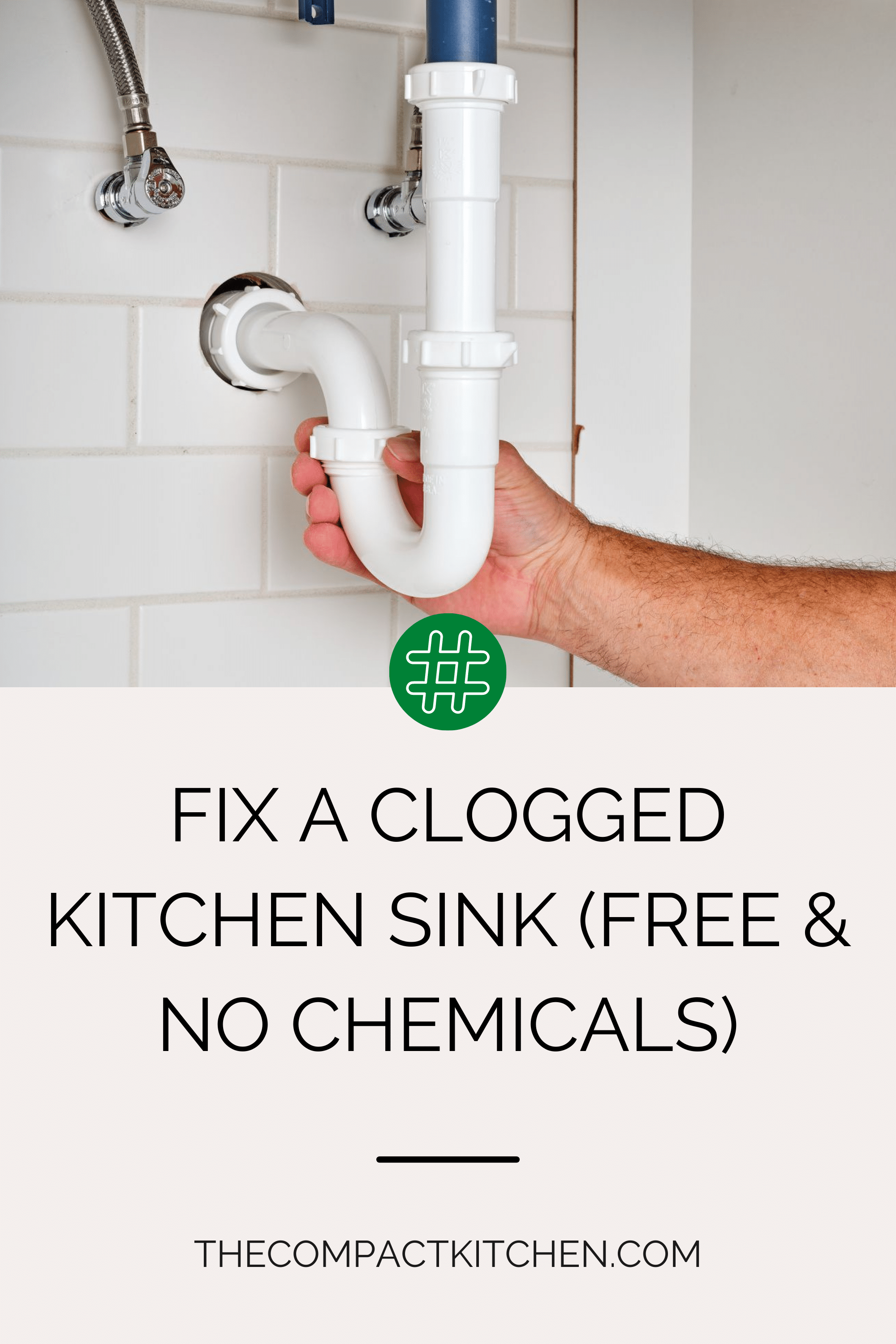




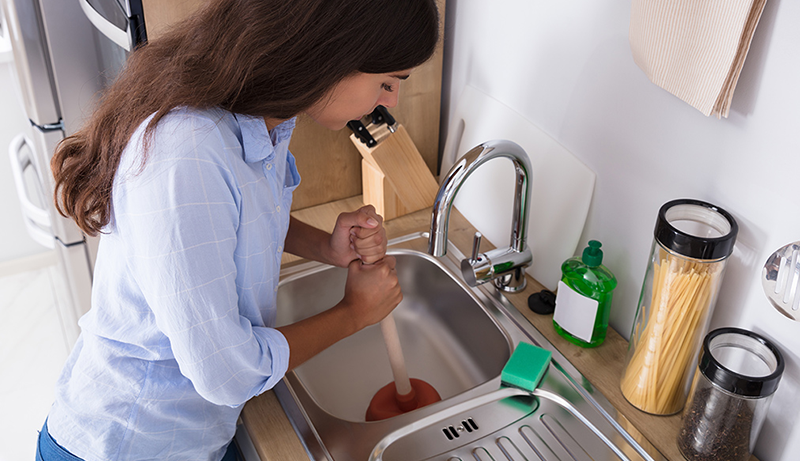

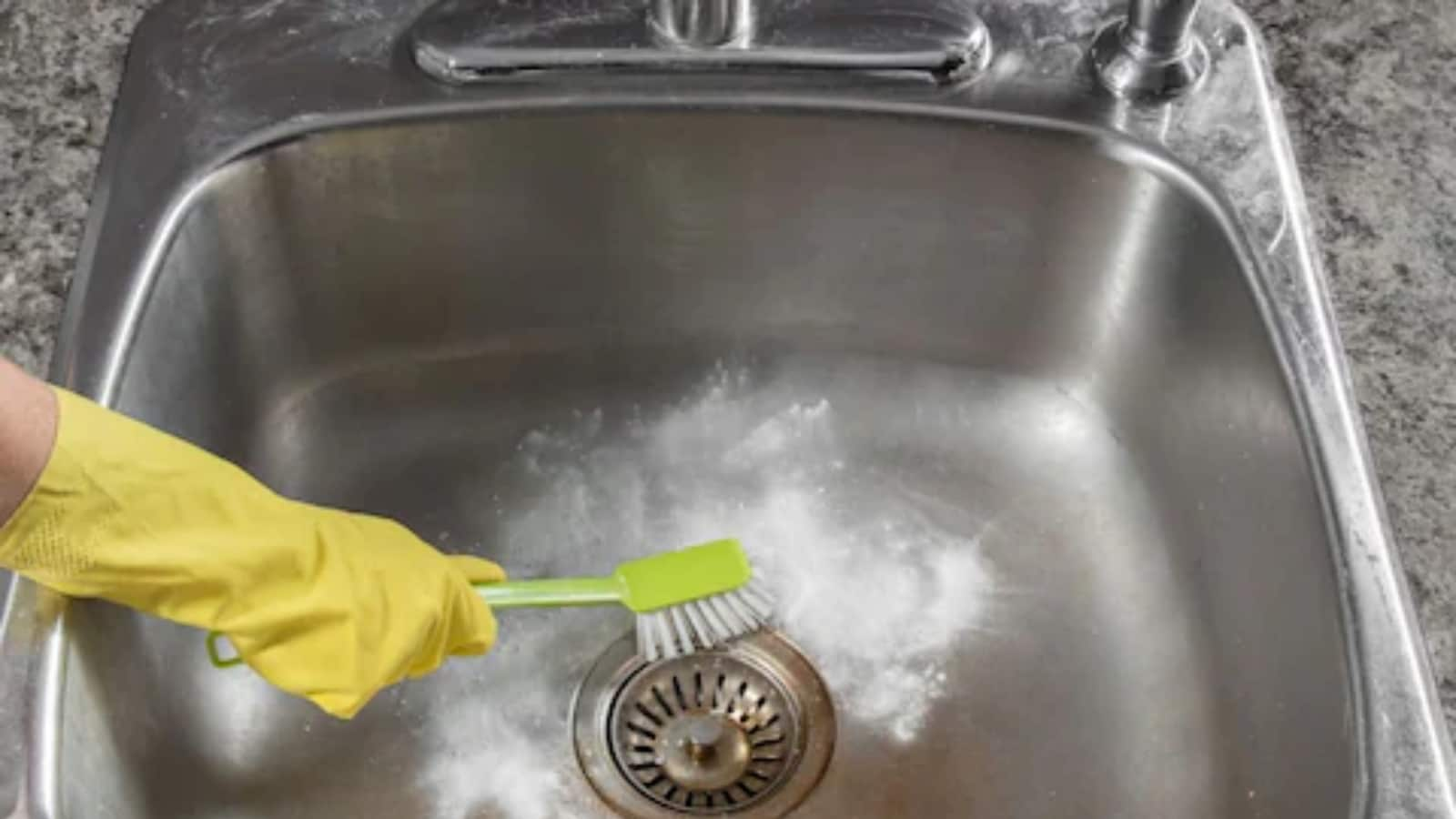











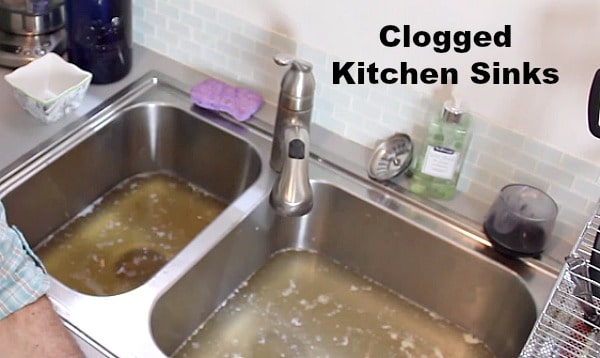













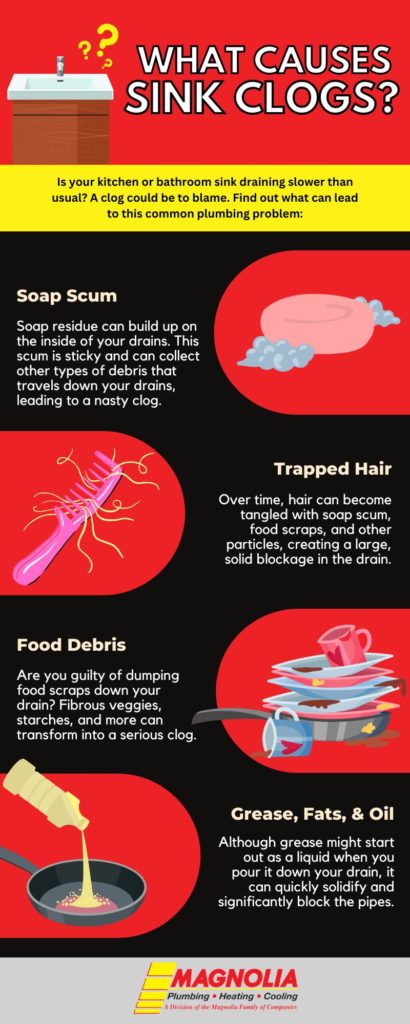



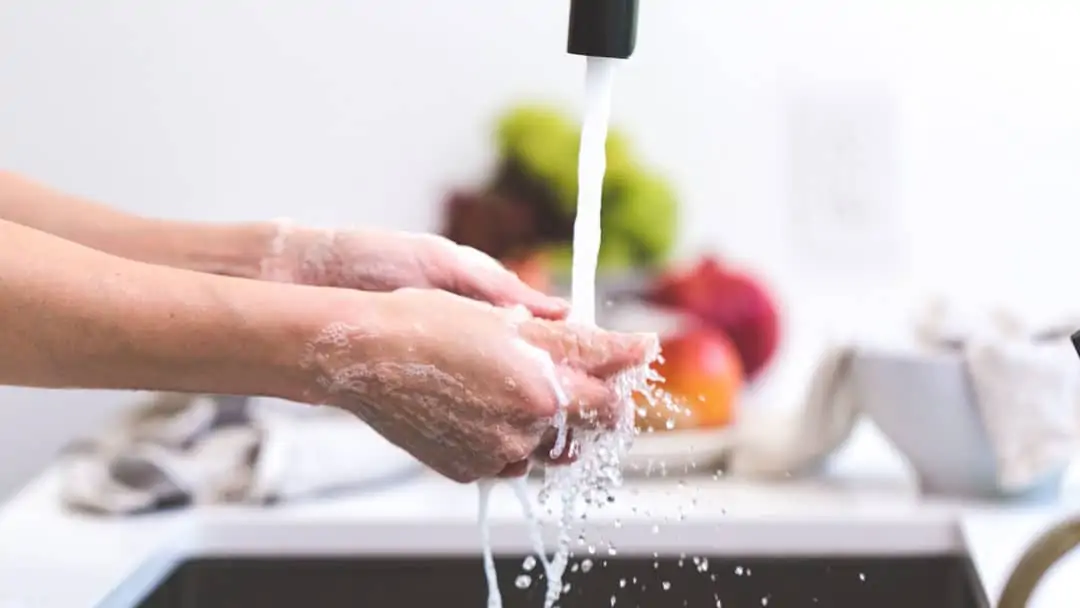


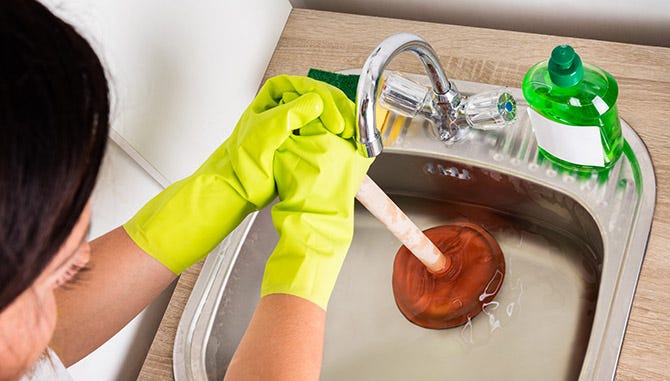





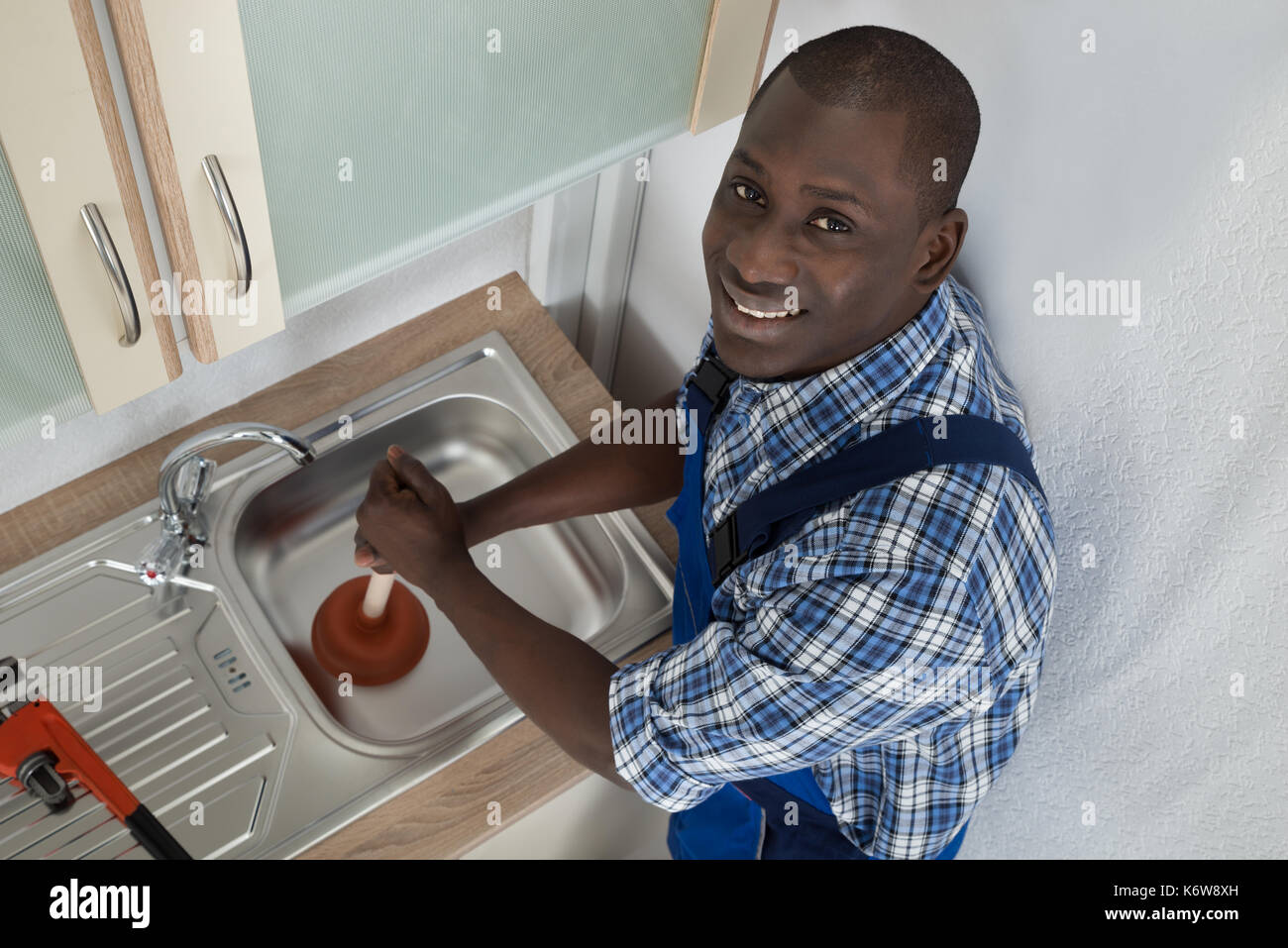





/woman-wearing-yellow-washing-up-gloves-to-unblock-sink-using-plunger-close-up-131987463-5887cfc03df78c2ccd92ec9e.jpg)


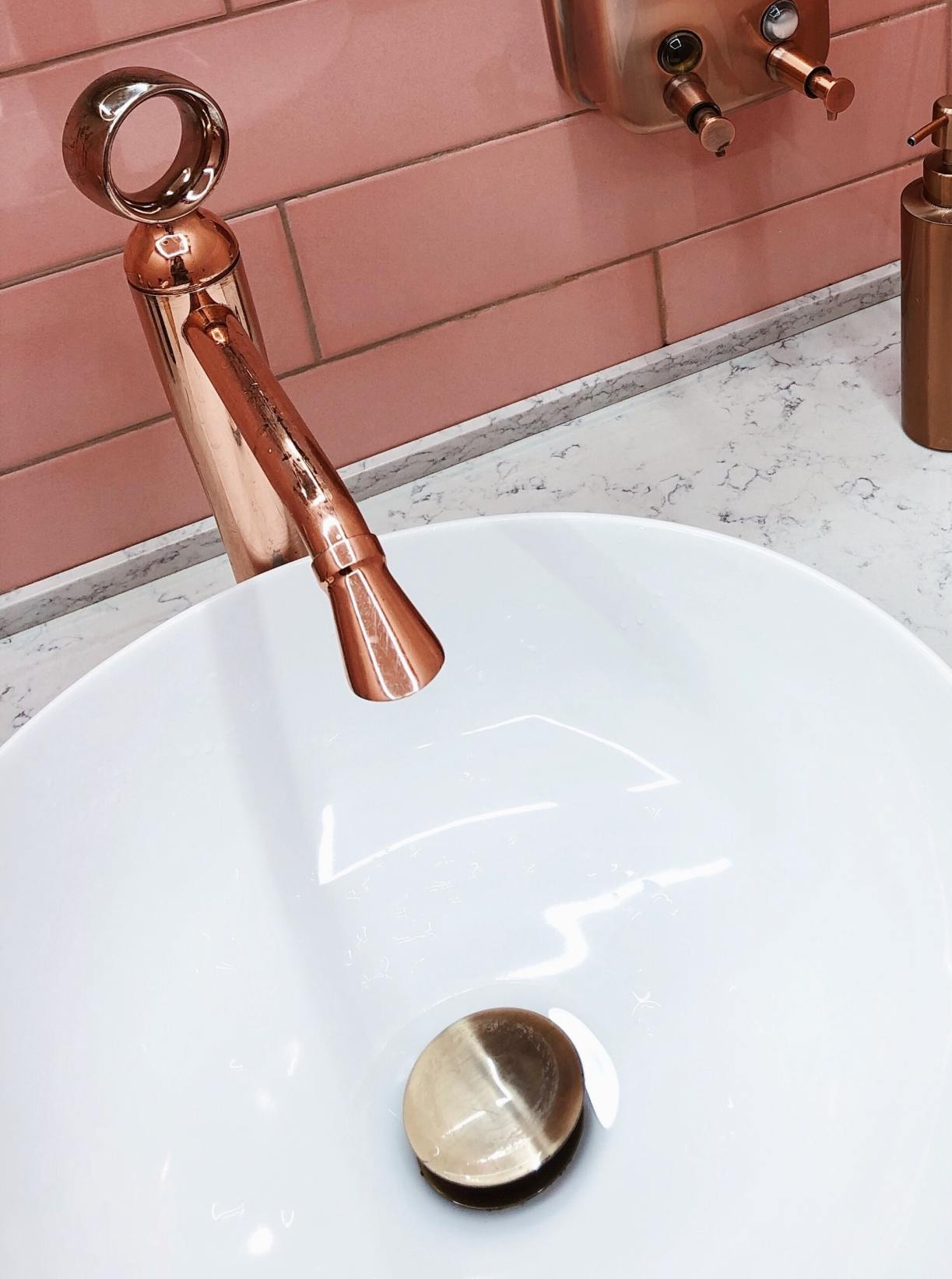
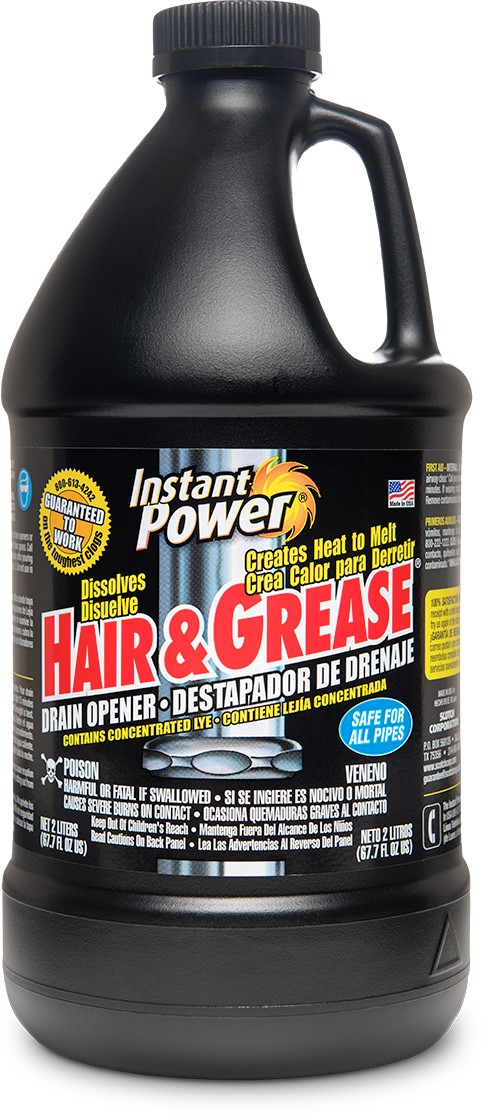












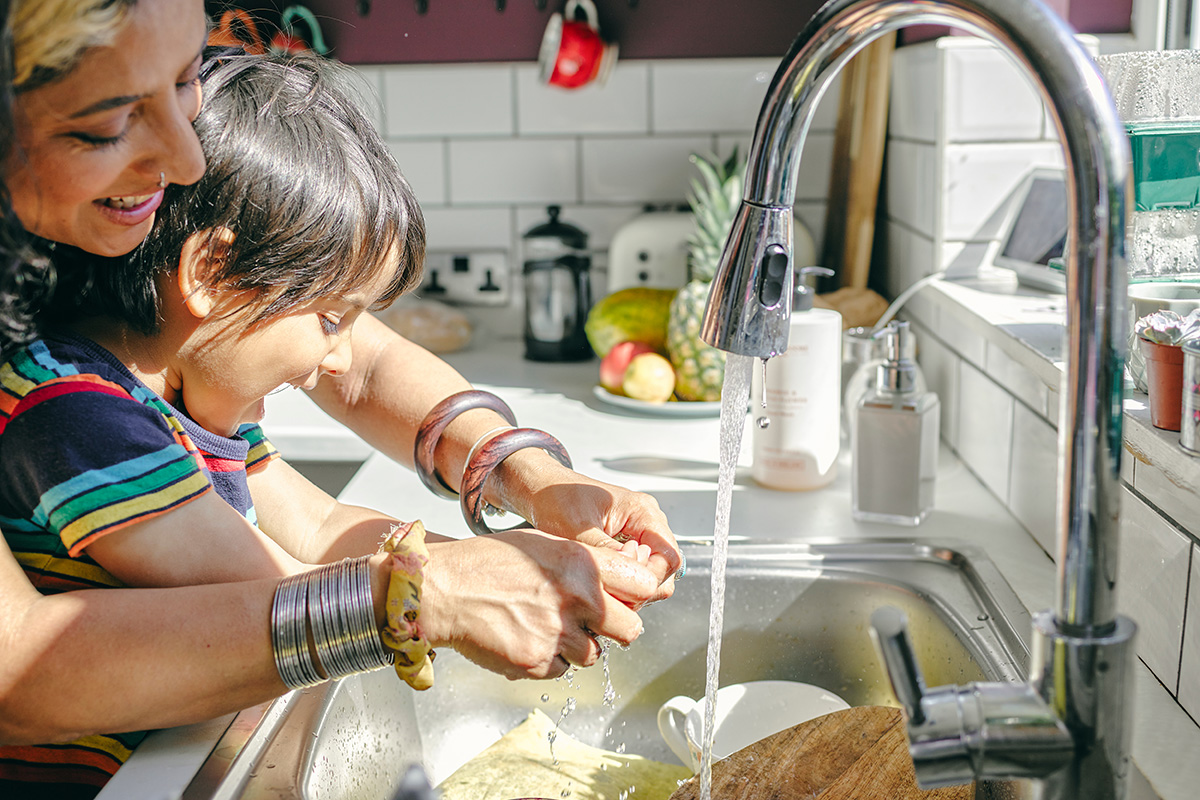

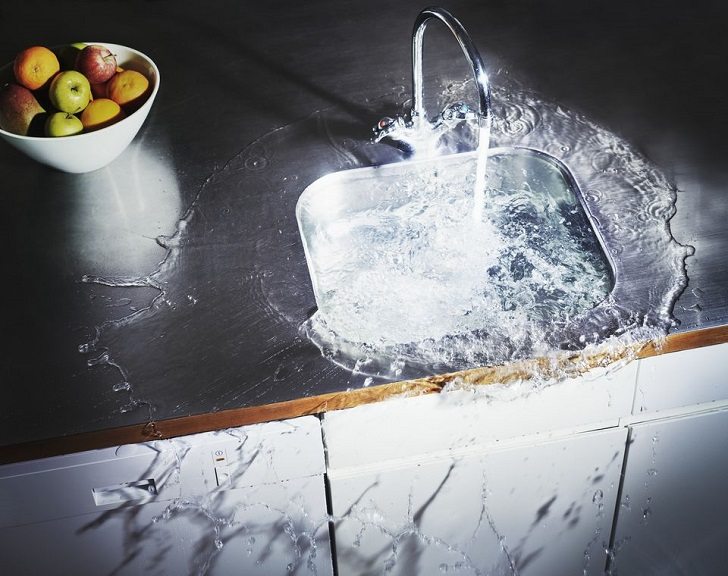
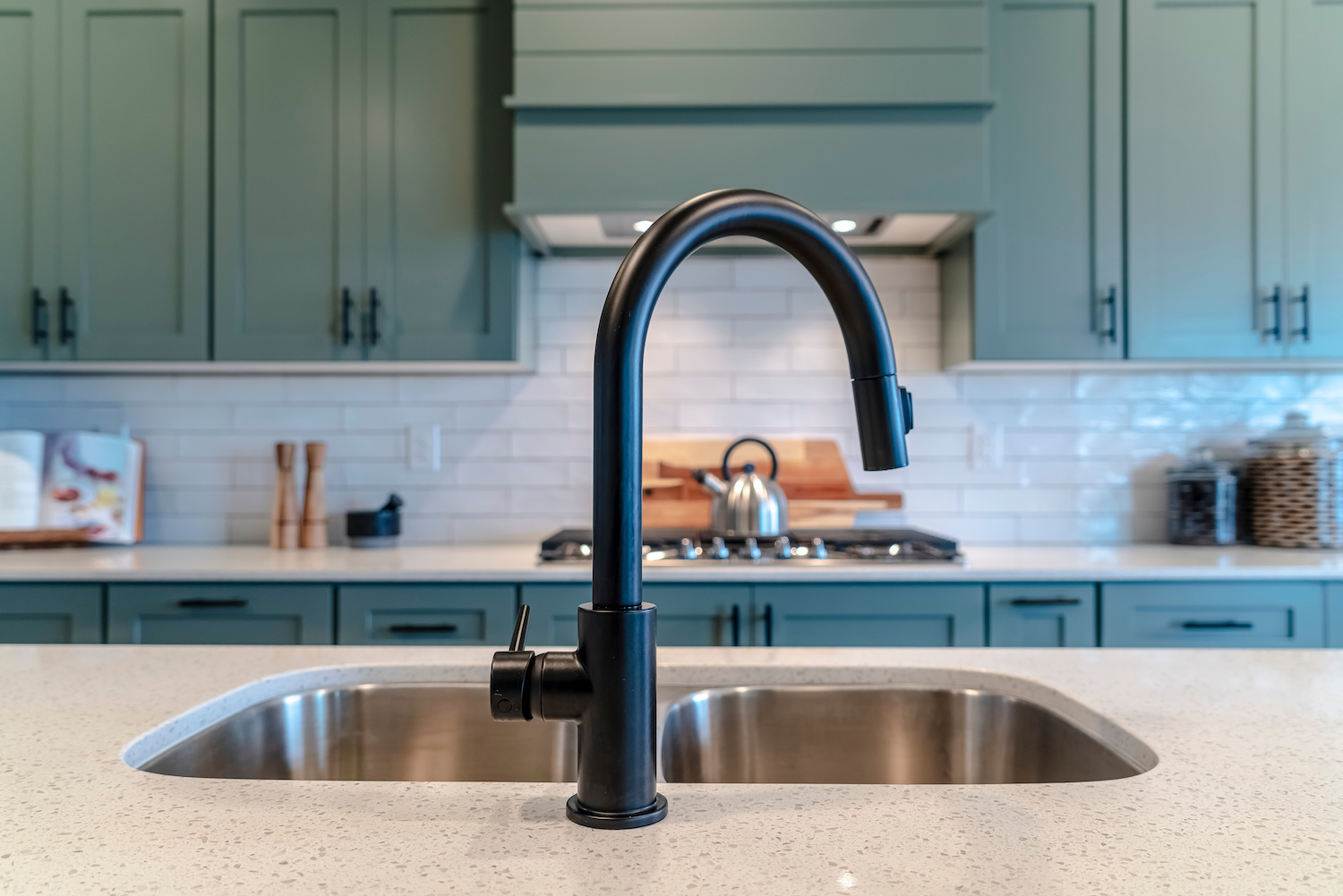


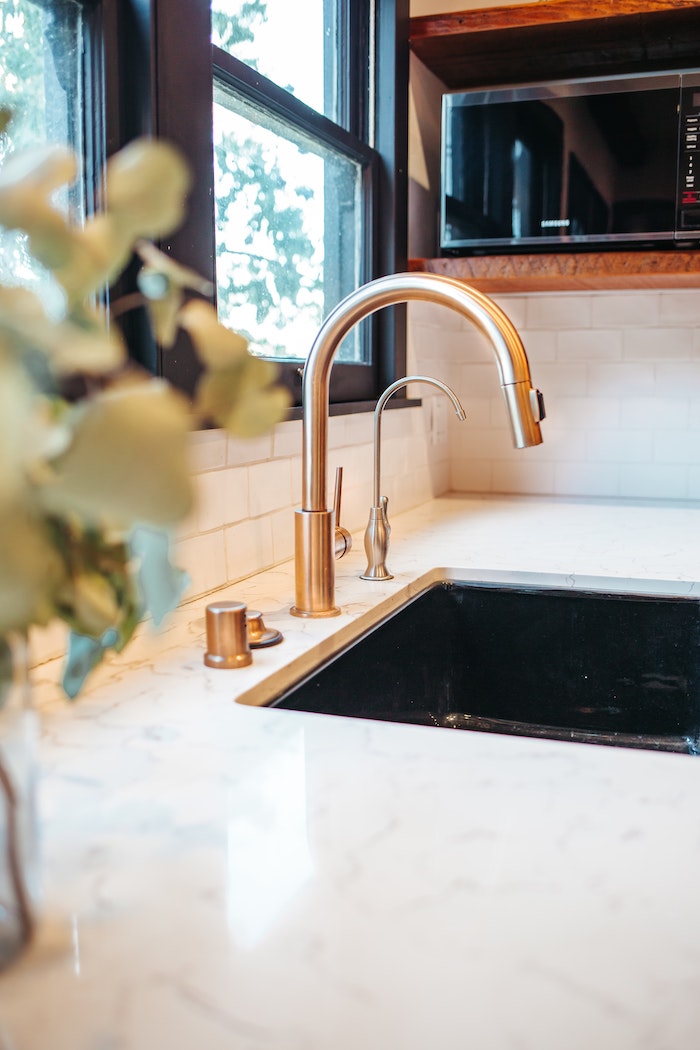


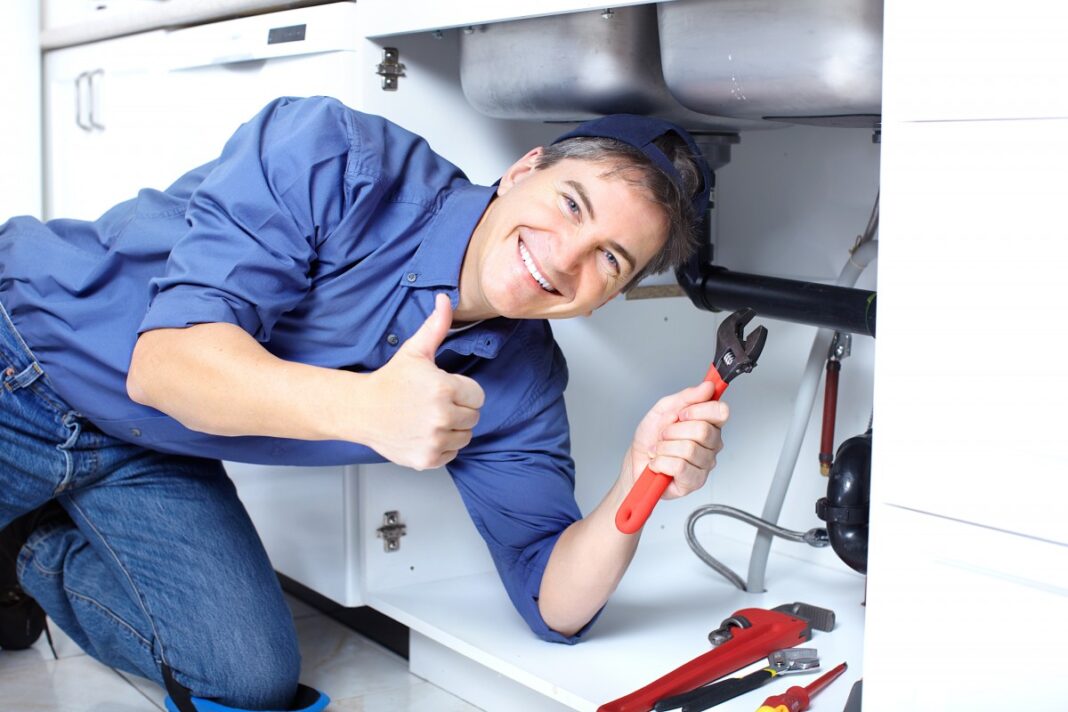
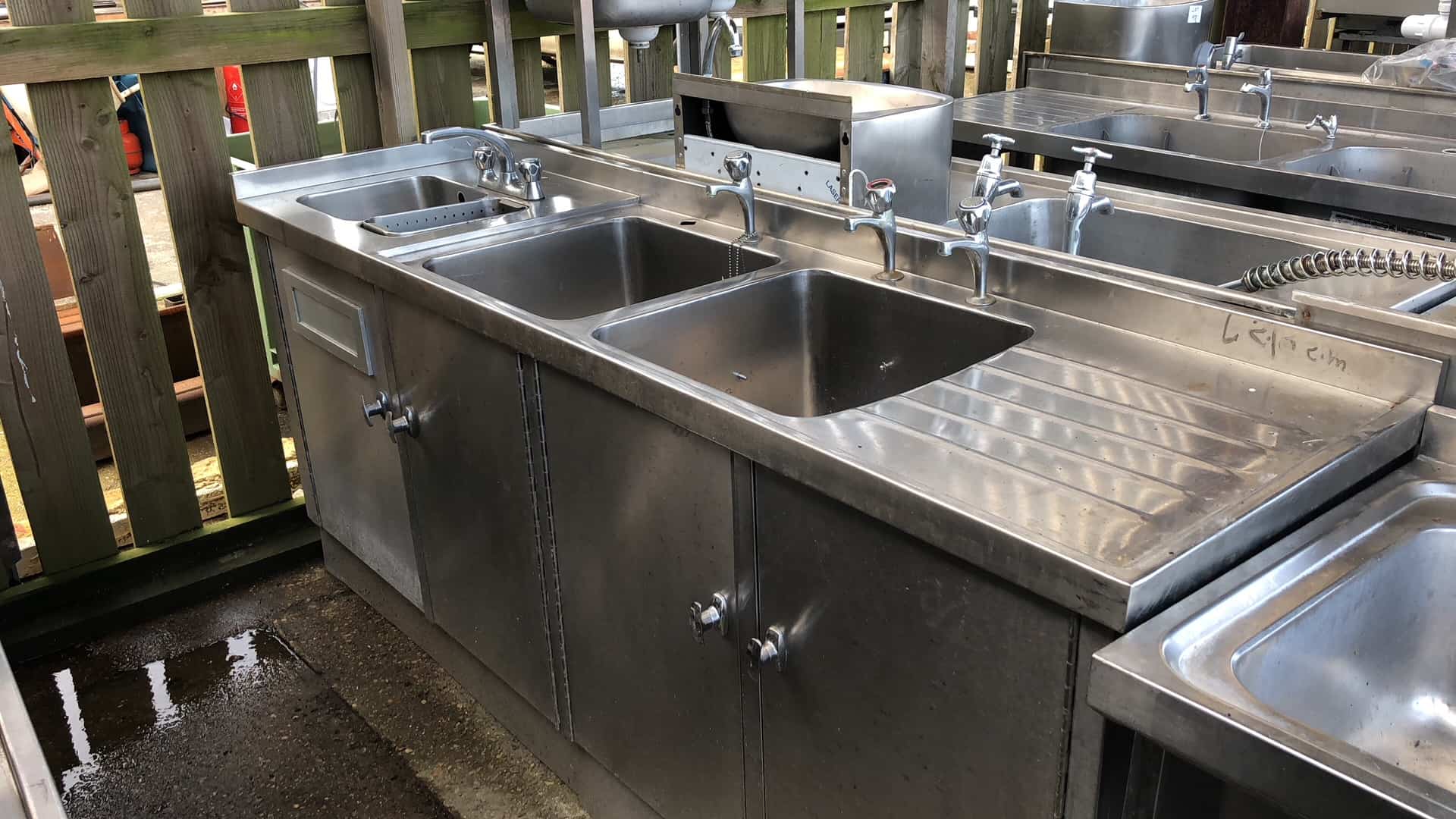
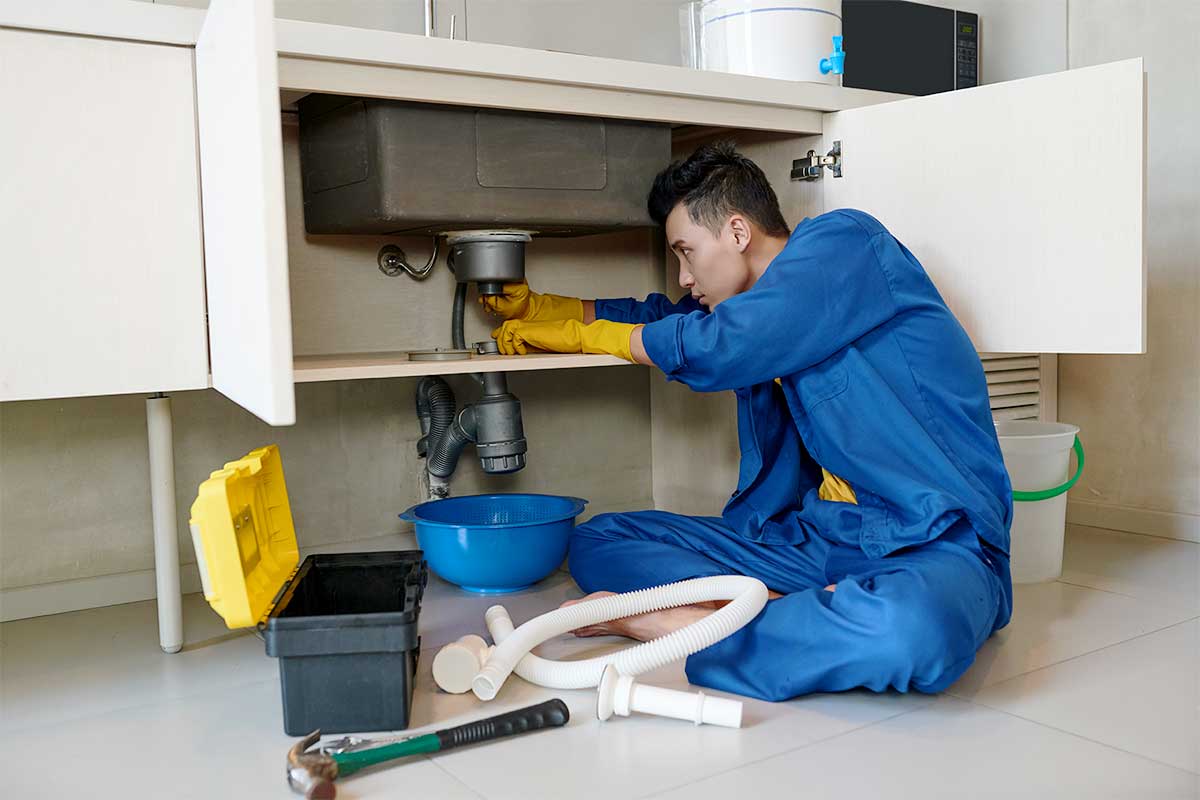

/cdn.vox-cdn.com/uploads/chorus_image/image/64999091/toller_patio_bar.0.jpg)

:max_bytes(150000):strip_icc()/ScreenShot2021-03-31at10.01.23AM-cac45bb0e5874da7a554dedb4c25fdf7.png)


